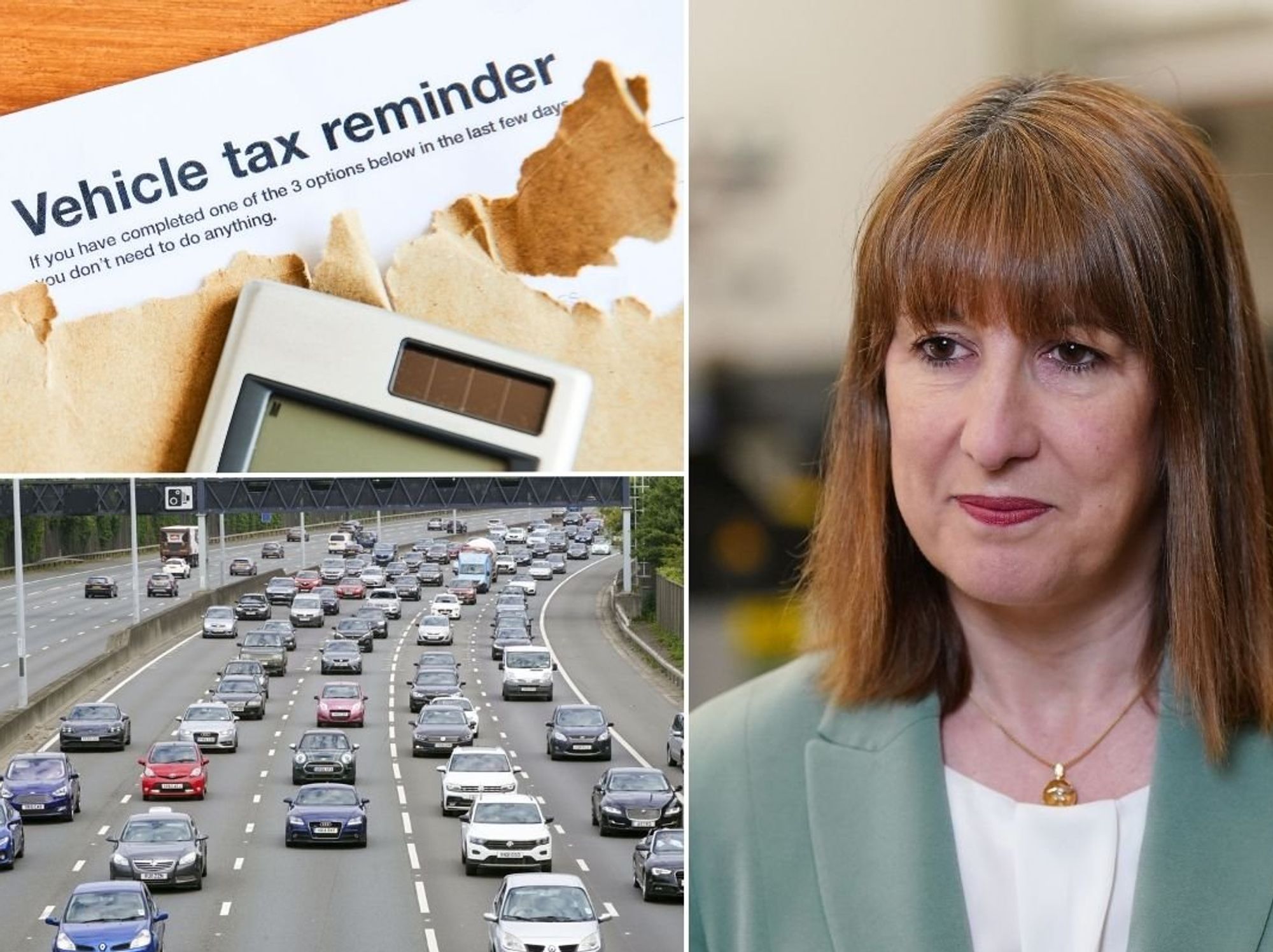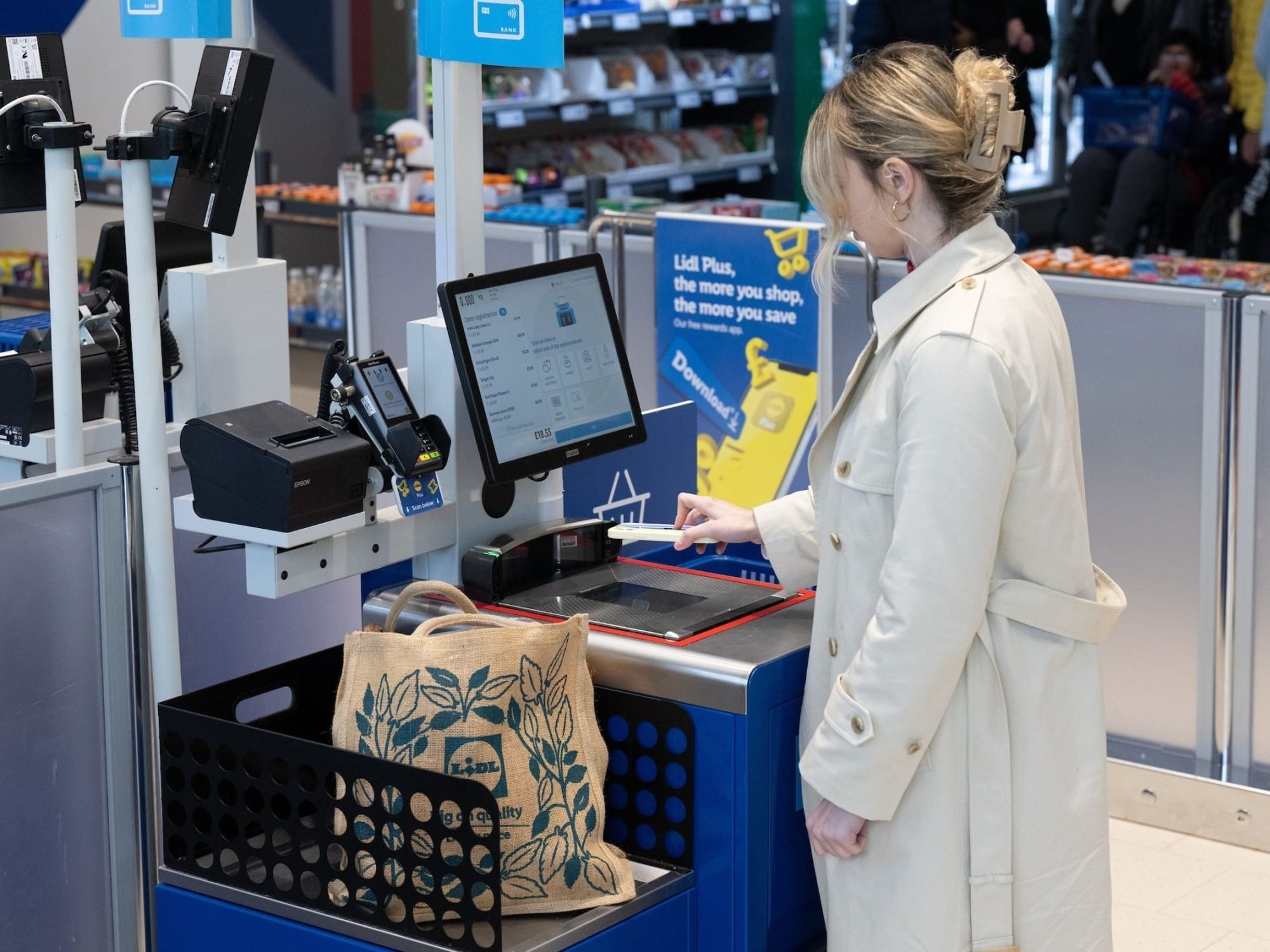Colin Brazier: If I had my way there’d be no Lottery

By Colin Brazier
Published: 16/08/2021
- 20:05Updated: 16/08/2021
- 20:37It could be you - except that it won’t be.
Don't Miss
Most Read
Amid all the gloom, I went looking for some happier news today.
And I found the story of Nigel and Sharon Mather, whose £12m lottery win – and what they did and didn’t do with it - is a reminder that good things still happen to good people.
The couple, who are in their 50s, gave an interview to the Manchester Evening News at the weekend, explaining how their lives had changed in the decade since their big win. They were still together, for a start. They’d been careful not to blow their cash. Some of it had gone to charities. They hadn’t overindulged their children. Best of all they’d created a spread-sheet onto which they put 30 names. Family and friends. Over a period of time they worked through that spread-sheet, handing out cheques.Of course, there are lottery winners who show less largesse. Lottery winners whose lives and relationships, can’t cope with the upheaval.
Camelot, which runs the Lottery, does a good job of coaching those who win big, in preparation for the pressures that life-changing wealth inevitably brings. But around about the time the Mathers won their £12 million, another win, almost three times as big, brought a rebuke from a Church of England bishop. It was “obscene”, he said, for anyone to win £33 million in a game of chance.The church used to take a tough line on the lottery.
William Wilberforce, the slavery abolitionist, worked hard to abolish it, in one of its previous incarnations. He called it a “national sin”.But you’ll be hard pressed to find lottery abolitionists now, even among men and women of the cloth. Perhaps they don’t want to be seen as joyless or po-faced. Who could possibly argue against a harmless bit of fun, which raises a fortune for good causes, and without which Great Britain’s medal tally in the Olympics would be nothing like so large. A third of the budget of UK Sport, which subsidises Britain’s athletes, is from the National Lottery.
But if I had my way there’d be no lottery. I’ve believed it to be a mistake since it was introduced in 1994, and nothing’s changed my mind since, not even the Mathers and their spreadsheet of generosity.How could anyone be such a misrerabilist? Well, here are my reasons. It’s a hopeless cause by the way. Forty million Britons regularly play the lottery in one form or another, but for anyone who’s been trying to wean themselves off, here’s a quitter’s guide.
First, academics say there is a link between teenagers who do the lottery and problem-gambling in later life. The age at which scratch-cards can be legally bought rose earlier this year to 18, but not before a generation of Britons was introduced to gambling before they were old enough to vote.
Second, every week lottery-ticket-buyers dream big. In all but the tiniest fraction of a fraction of cases, those hopes are dashed. Just a bit of fun, or a weekly dose of disappointment? I fear the latter.
Third, you are statistically more likely to win an Oscar, than you are a jackpot. The odds of winning big are smaller than being struck by lightening. The lottery is a brilliant way of encouraging a wilful disregard for data, logic and common sense.
It could be you, except that it won’t be.
Fourth, in a very small way, it discourages people from taking control of their lives. If you believe salvation might come, one day, in the form of some lucky numbers – sometimes the same not-so-lucky numbers you’ve always chosen – you are contracting out your future to the vagaries of chance.
Fifth, it undermines the prudential principle. Prudence dictates that you’ll be better off saving a bit every week and watching it accumulate. The average lottery player spends £3 a week on a ticket. Over a year, that’s the cost of a BBC TV license. I’m no fan of that either, but we can agree, people moan a lot more about having to cough-up for the license fee than they do the lottery.
Sixth, the National Lottery undermines the idea that achievement is the product of the slow grind of hard work, and it encourages a mindset that attainment is a function of good fortune, not good character. It’s worth considering that lottery wins aren’t taxed. Your earnings are. What message is the state sending out by taxing hard work but not taxing random luck.
Of course, I’m a raging hypocrite. If a family member or friend put me on their Lottery spreadsheet, I probably wouldn’t hand the cheque back. But I wonder at the absence of moralists more worthy than me, seemingly accepting that gambling is a racket the state should support.











